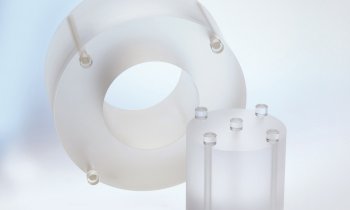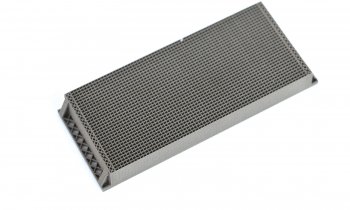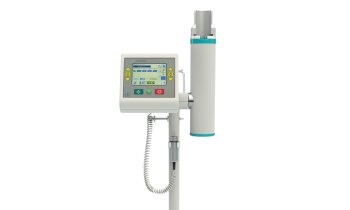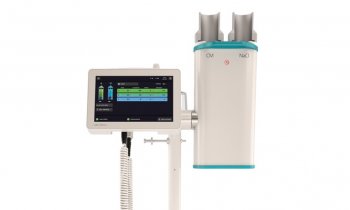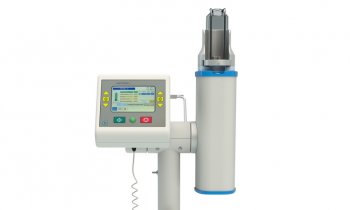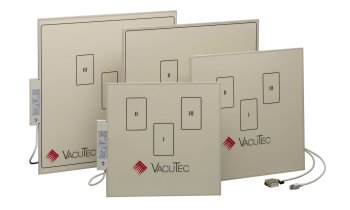Regulators Work With Medical Industry on Radiation Protection
Putting patient safety first is a priority for both HERCA, the association of the Heads of European Radiological Protection Competent Authorities and COCIR, the European trade association representing the medical imaging, electromedical and healthcare IT industry, who are working together to address concerns related to radiation exposure in computed tomography (CT).

At the initiative of HERCA, COCIR CT manufacturers have developed voluntary commitments contributing to the reduction of CT dose, which have been welcomed by HERCA.
With more than 60 million CT scans performed in Europe annually, CT is a pivotal technology in healthcare which has proven for almost 40 years its great benefit in diagnosis and treatment of an increasingly wide range of diseases. However, the growing use of this technology has contributed to a significant increase in the average medical radiation exposure to the population, which raises radiation protection concerns.
Over the years, manufacturers of CT equipment have introduced new products and system innovations that have the potential of reducing radiation doses from many procedures by up to 75 percent, while maintaining diagnostic image quality. Nevertheless, CT manufacturers are willing to work towards continuous improvement, together with authorities and other stakeholders, to optimise the use of this technology.
Nicole Denjoy, COCIR Secretary General, and Ole Harbitz, Chairman of HERCA, both want to underline the importance of the voluntary commitment of the CT Manufacturers as a promising step towards furthering our common goal of CT patient dose optimisation. The aim is to offer patients maximal benefits from the industry’s cutting-edge medical technologies, whilst minimising their radiation exposure.
09.01.2012






